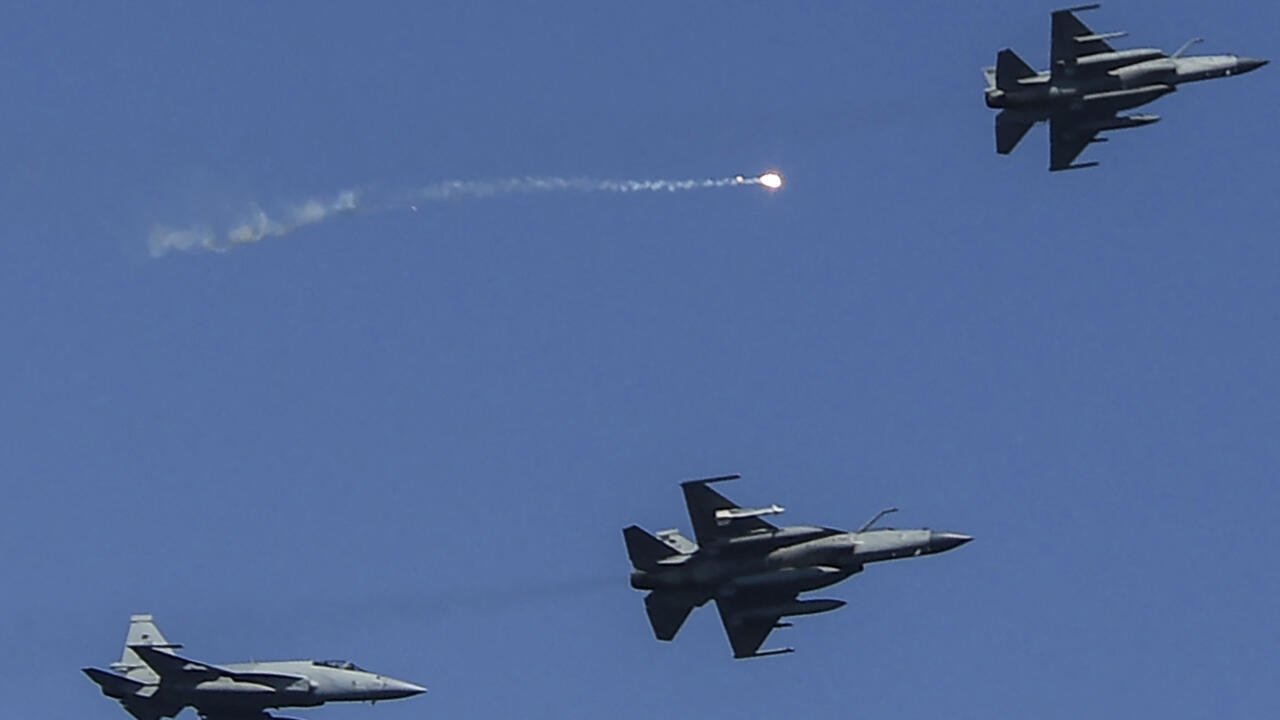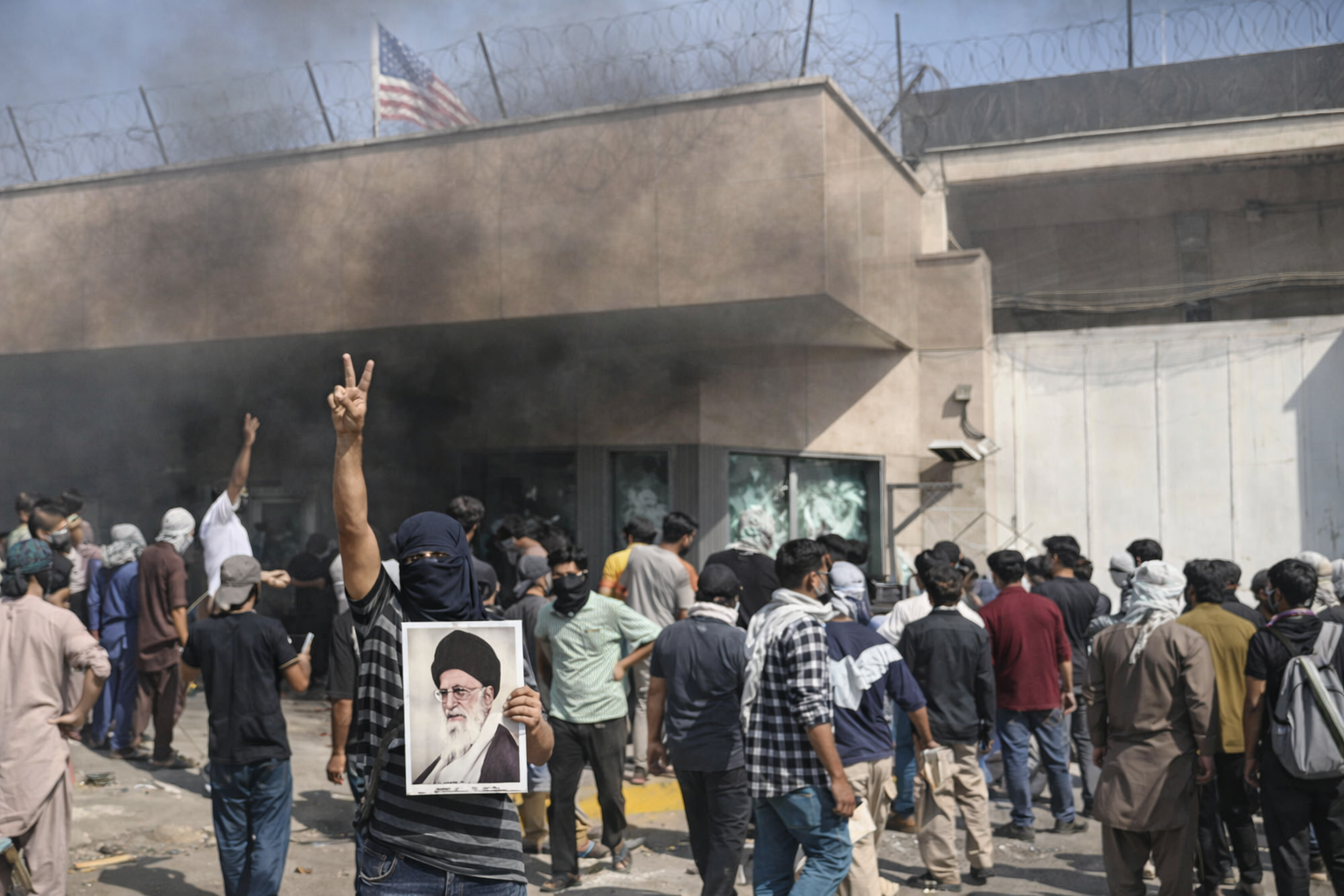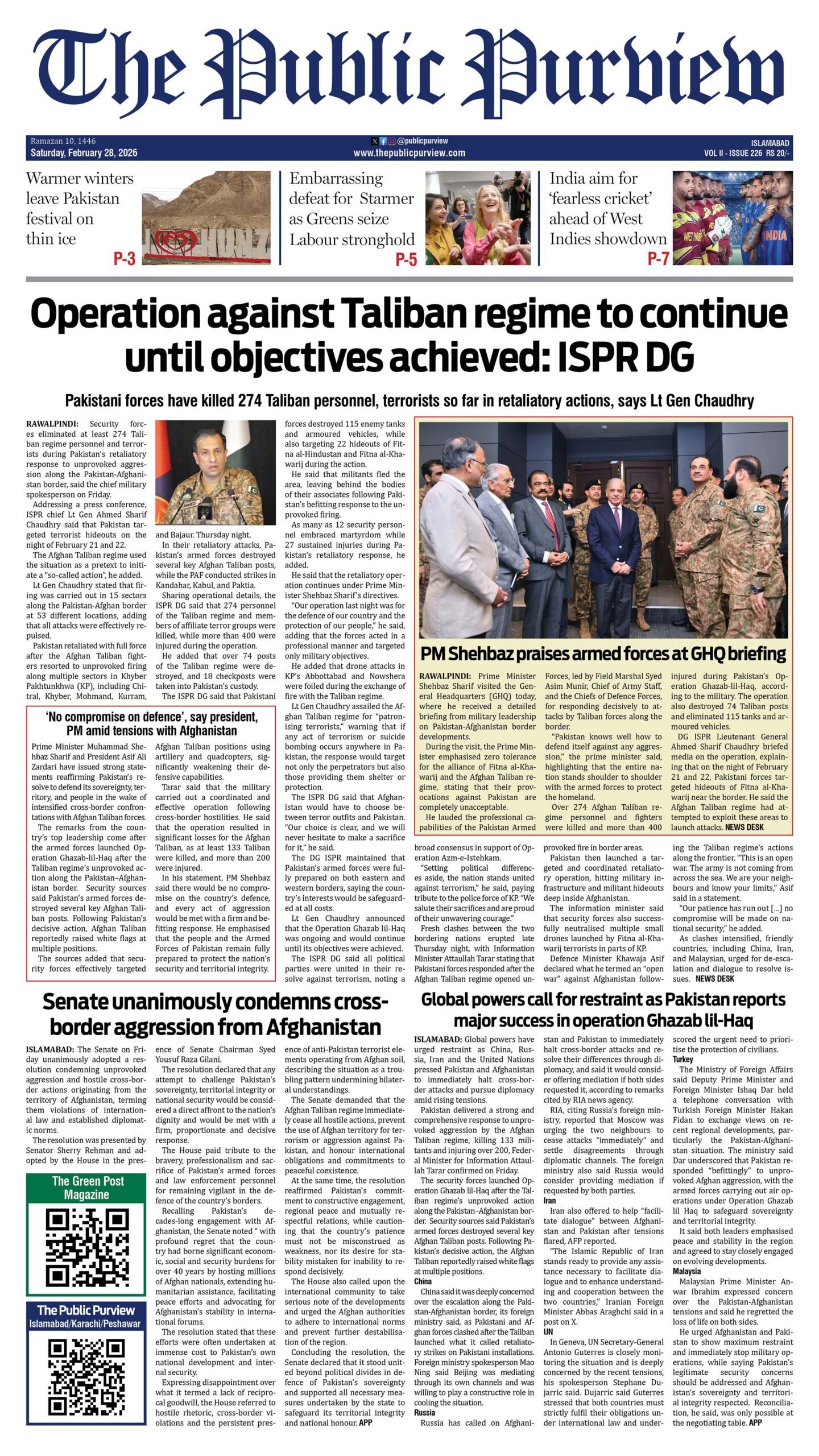The Pakistan Sports Board (PSB), Pakistan Bodybuilding Federation, and anti-doping experts emphasized that raising awareness against the use of banned substances is essential to ensure a clean, transparent, and healthy sporting environment. Doping not only poses a serious threat to an athlete’s health and career but also undermines the integrity of sports. Experts stressed the importance of natural training, adherence to ethical standards, and consistent monitoring as key priorities.
Addressing the first Anti-Doping Awareness Seminar, Deputy Director General and Anti-Doping Coordinator Shahid Islam stated that the use of prohibited substances as defined by global regulations constitutes “doping,” often beginning in fitness gyms. He warned that such practices can be devastating for both the health and careers of athletes, and urged sports federations to keep their athletes informed about WADA’s list of banned substances.
Sohail Anwar, Secretary General of the Pakistan Bodybuilding Federation, said it is a shared responsibility to protect the younger generation from harmful substances like steroids. He emphasized that without promoting a doping test culture, the future of sports cannot be secured.
Nasrullah Rana, Director of National Federations, warned that the trend of double dosing in bodybuilding can be fatal. He called upon athletes, coaches, and federations to take full responsibility and strictly adhere to anti-doping rules.
Sports Psychologist Qurat-ul-Ain noted that WADA’s 11 anti-doping rules are actively enforced and violators face severe consequences. She added that obtaining an “Anti-Doping Education and Learning” certificate has now become mandatory for participation in international competitions.
Maahim Aiman, Junior Liaison Officer, explained that doping control and sample collection can take place not only during competitions but also at any time or location—such as gyms, hotels, or athletes’ residences.
Nutritionist Dr. Nabeel Ahmad stated that modern doping methods, including those driven by artificial intelligence, are emerging as new global threats. He described doping as a betrayal—not only of the athlete’s own body but of the rights of deserving and hardworking competitors.
At the end of the seminar, certificates were distributed among participants from across the country.







 Today's E-Paper
Today's E-Paper